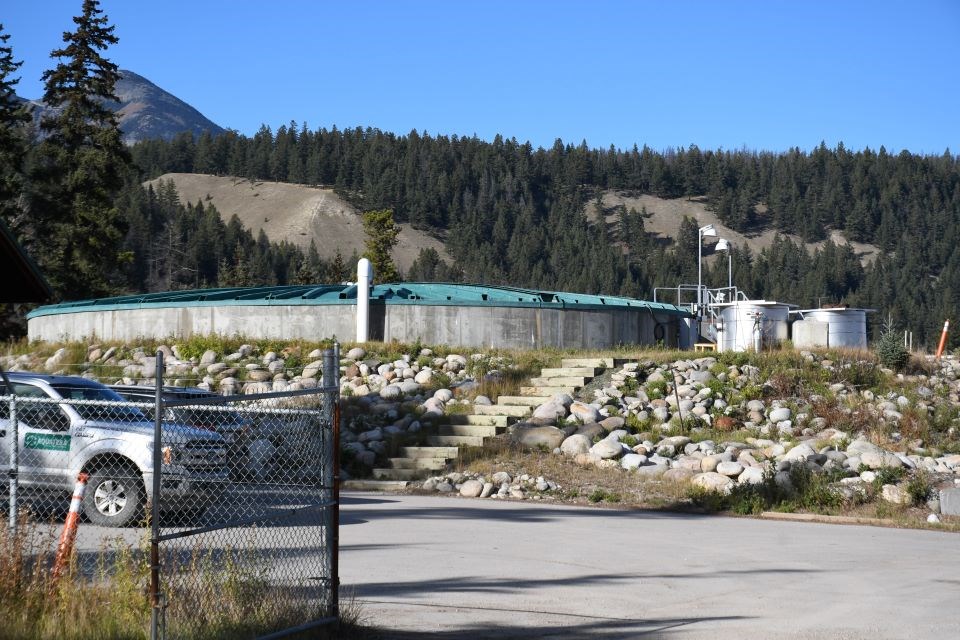Jasper Municipal Council gave first and second reading to the Utility Fees Levy and Collection Bylaw 2024 during its Tuesday meeting.
Council also gave first and second reading to both the Supplementary Assessment of Improvements and Supplementary Tax bylaws.
“Basically, the supplementary assessment of improvements allows the municipality to assess properties having newly constructed buildings or major additions and renovations in the same tax here as they're completed and occupied,” said Natasha Malenchak, director of Finance and Administration.
Without these bylaws, improvements started or completed this year would not be assessed for the 2024 tax year for the improvements made.
Administration argues this would be “unfair and inequitable to other property owners since those owners would not be paying the full taxes due for that year.”
Last year, the municipality collected $16,128 in supplementary property taxes.
This revenue was $48,795 in 2022, which was abnormally high, but Malenchak attributed this to the Forest Park Hotel coming online.
Council then moved on to discuss the utility bylaw.
Total utility expenses are $7,462,605 in the 2024 budget.
The amount covered by levies is $6,007,421 and the rest will be covered by bulk sales or dumping.
There will be a 3.44 per cent increase to solid waste, mainly due to an increase in operational costs and transfer to reserves.
Recycling has an increase of 19.4 per cent due to increases in transfer to reserves in anticipation of new Extended Producer Responsibility adaptation.
Water levies will remain the same this year since a transfer from reserves and additional anticipated revenue from bulk water sales helped offset capital increases.
“Sewer increases were felt in capital for the 5-year plan of increased transfers to reserves for asset management, increase in consumption due to having increases in contracted services, utilities, and debenture payments and in connection due to salaries and benefits,” administration added.
Residents will be charged an extra $16.88 per two-month billing period on average, or $101.29 for the year, compared to 2023.
On average for this year, small commercial will pay an extra $358.27, medium commercial will pay an extra $658.91 and larger commercial will pay an extra $2,472.59.
Each total utility levy is broken down into three categories: consumption, connection and capital.
Mayor Richard Ireland asked administration how much of the revenue was connected through each of these categories.
“I continue to be challenged and challenged by members of the community, particularly with respect to capital costs, and capital costs based on pipe size,” Ireland said.
He suggested that most residents viewed the consumption and connection charges as equitable as opposed to being charged more for having a bigger pipe.
CAO Bill Given replied that most of the revenue comes from consumption costs.
In 2023, out of the total levy collected for water, 45 per cent came from consumption, 21 per cent came from connection and 34 per cent from capital.
For sewers, consumption was 81 per cent, connection was six per cent and capital was 13 per cent.
“I think it's most likely that [what] you're hearing is from utility ratepayers who feel they're paying too much of a capital charge compared to other utility ratepayers,” Given added.
“That the cost of capital charges increasing along with the size of the pipe that connects your property, that it increases too quickly. And that people with smaller pipes should pay more of a capital charge.”
Council will have a special meeting next week to give third reading to the utility bylaw, since this is required before the mail-out date of Feb. 8 in order to give proper notice and advertisement of change.




